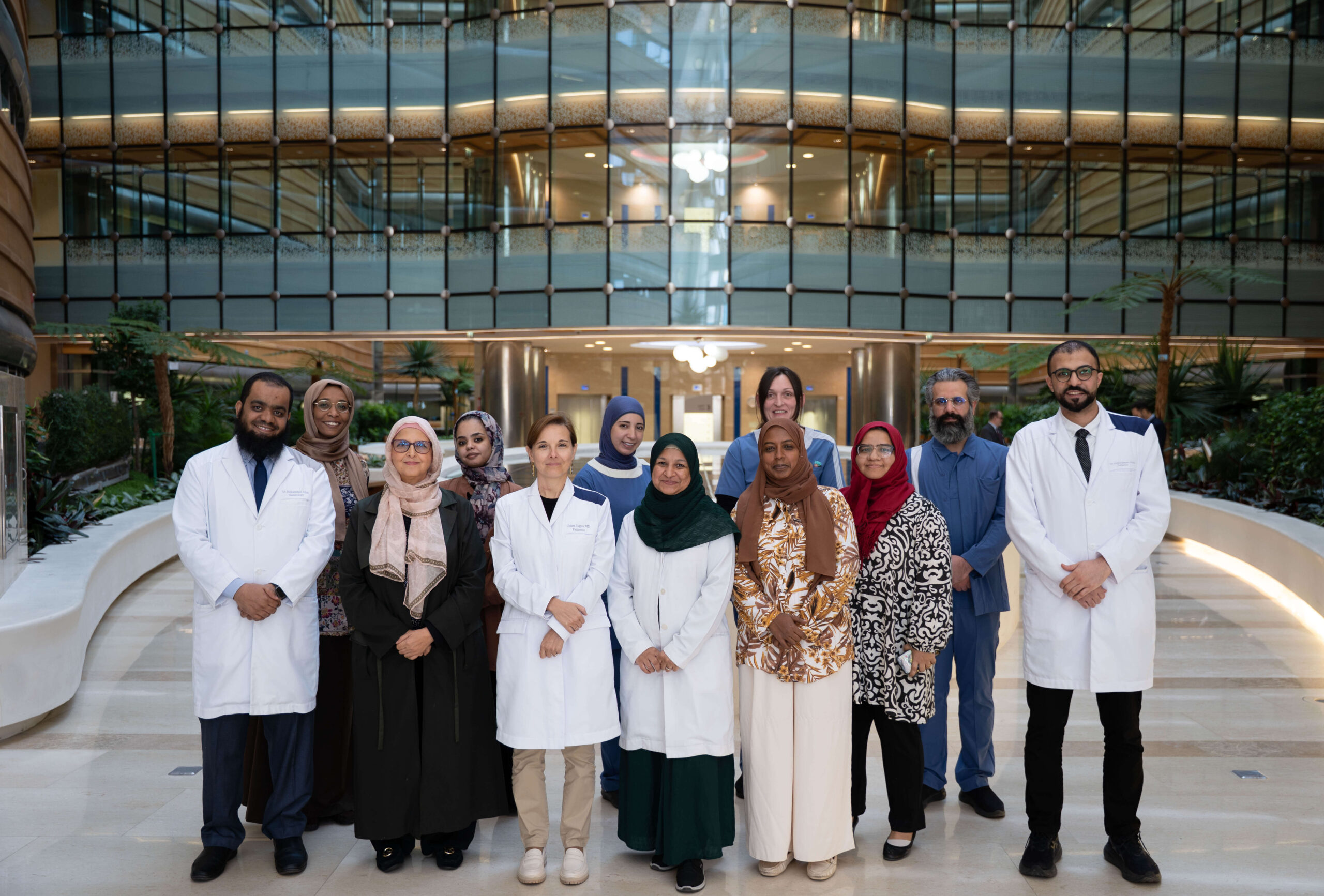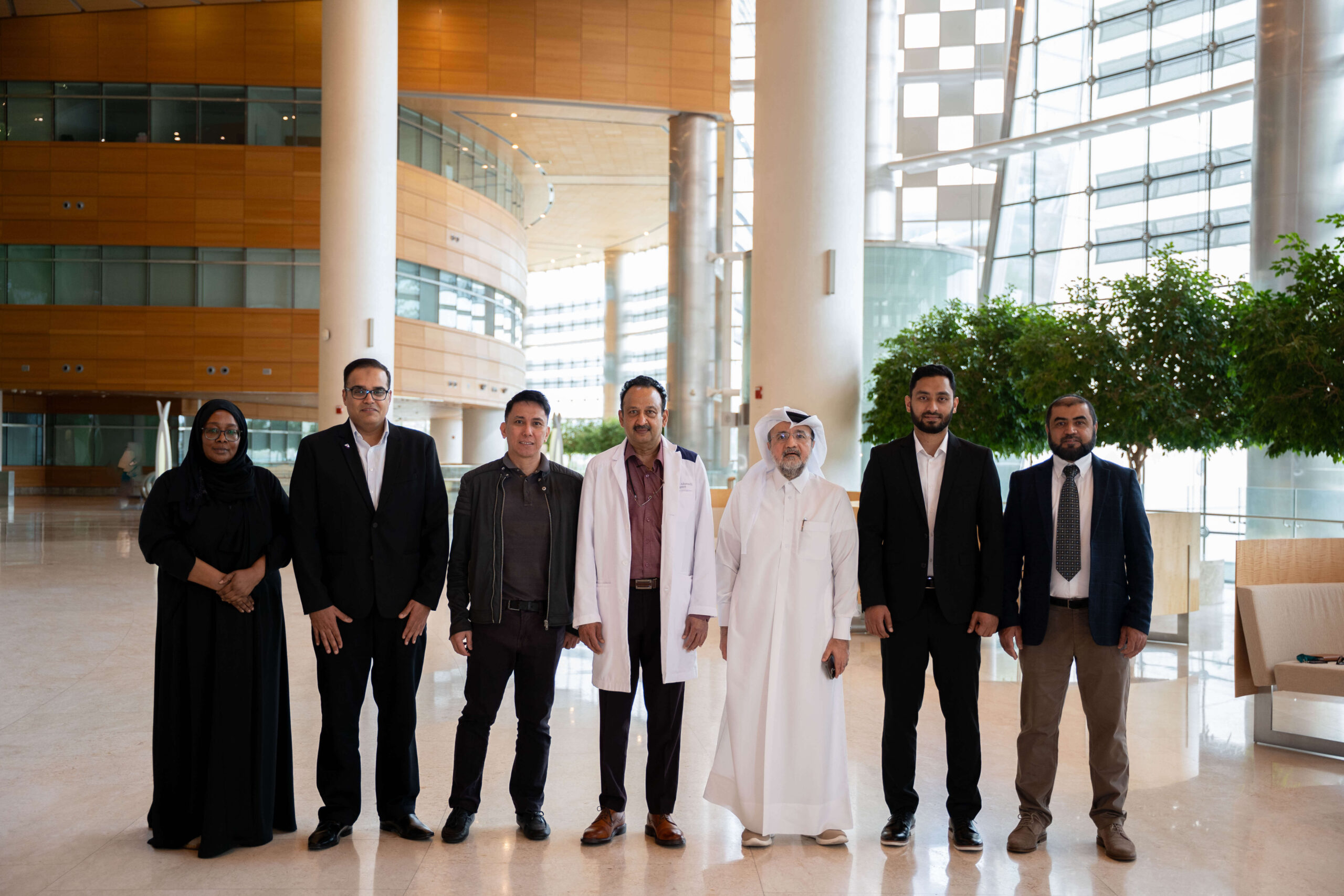Sidra Medicine and QatarEnergy Sign Memorandum of Understanding
Partnership to explore healthcare services, education and training, and medical planning
Doha, Qatar – 24 February 2026 — Sidra Medicine and QatarEnergy have signed a Memorandum of Understanding (MoU) to set a framework for mutual collaboration across healthcare services, professional development opportunities, and the exchange of expertise.
The MoU reflects both organizations’ commitment to contribute to the ongoing development of Qatar’s healthcare ecosystem and support the needs of patients, healthcare professionals, and the wider community.
Mr. Mohammed Khalid Al Mana, Acting CEO and Member of the Board of Governors at Sidra Medicine, said:“This Memorandum of Understanding with QatarEnergy reflects our commitment to working closely with national partners to support access to high-quality healthcare services, and invest in professional development. Our collaboration and shared expertise will help strengthen and support Qatar’s healthcare systems in the long term.”

Mr. Nabeel Mohammed Al-Buenain, Executive VP, HSE & Business Services at QatarEnergy, said: “This Memorandum of Understanding with Sidra Medicine reflects QatarEnergy’s commitment to supporting the health and wellbeing of our workforce through access to high-quality, specialised healthcare services. By collaborating with a leading healthcare institution, we aim to enhance healthcare pathways, invest in professional development, and contribute to the continued advancement of Qatar’s healthcare ecosystem.”
The MoU framework covers commercial healthcare solutions, including insurance pathways and tailored maternity and corporate healthcare packages. It also includes education and training initiatives such as continuing medical education, professional development, and health education programmes. Additional services include the coordination of clinical services such as outpatient support, referral pathways, and access to specialised care for QatarEnergy employees.
For more details about Sidra Medicine, please visit: www.sidra.org.














